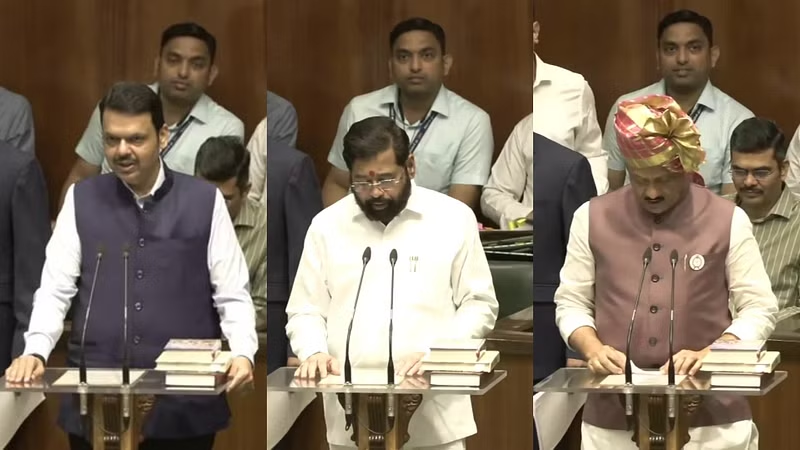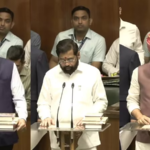Maharashtra’s political scene is now dominated by important events from the current assembly session, especially the trust vote that Chief Minister Devendra Fadnavis’ ruling Mahayuti administration received. This occasion is significant for the state’s politics, particularly in light of the November 2024 assembly elections that are now being prepared for.
Significant Advancements
Believe in Vote Success
In the Maharashtra Assembly, the Fadnavis-led Mahayuti coalition won a trust vote on December 9, 2024. Ahead of the elections, this win solidifies the coalition’s stability and authority. The political landscape of Maharashtra has been dominated by the BJP’s hegemony under Fadnavis, particularly as they get ready to run for about 150 seats in the upcoming elections[1][2].
Election Readiness
For the roughly 100 seats they have already won, the BJP’s Central Election Committee has been aggressively debating candidate selection. Their confidence is shown in their strategic strategy, which intends to keep them in control of Maharashtra politics. Notably, the candidate list is anticipated to include famous figures such as Fadnavis [1][3].
Issues and Disagreements
Chief Minister Fadnavis’s worries on crowd control on the Vidhan Bhavan grounds, comparing it to a “bazaar,” during the assembly session spurred debates regarding civility and the efficiency of legislative processes. He highlighted the necessity for better political discourse, pointing out that it has been waning recently. This criticism is a reflection of the assembly’s general dissatisfaction with efficient government and inter-party communication [2][3].
Political Parties and Figures
Devendra Fadnavis (BJP): Fadnavis is a key figure in guiding the party’s agenda and handling governance concerns in his capacity as Chief Minister.
One of the most important members of the ruling coalition is Eknath Shinde (Shiv Sena), who served as Maharashtra’s chief minister before the Fadnavis.
Ajit Pawar (NCP): A well-known opposition figure whose party has criticized the policies and governing tactics of the BJP.
A united front against opposition parties like the NCP and Congress depends on the BJP continuing to fortify its partnership with Eknath Shinde’s Shiv Sena section. This coalition will be put to the test in the next elections as it faces up against these longstanding opponents.
Effect on Political Processes
The BJP’s confidence ahead of the polls is bolstered by the successful trust vote, which also confirms Fadnavis’s leadership. Voters are given the impression that the ruling coalition is stable and able to govern in spite of continuous difficulties. Concerns expressed over legislative etiquette and discourse, however, can strike a chord with voters who respect openness and clear communication from their officials.
Public sentiment will also be important as election campaigns heat up. Persuading undecided voters would depend on the BJP’s capacity to handle regional concerns and sustain a favorable image of its administration. Any perceived flaws in public service delivery or governance will probably be used by the opposition parties in their attempt to reclaim ground.
In conclusion, current events in Maharashtra’s political landscape point to a pivotal moment as political parties prepare for elections while dealing with persistent issues in governance. The result of these dynamics will have a substantial impact on the political landscape of Maharashtra in the future as well as the representation and policy choices made by its population.










